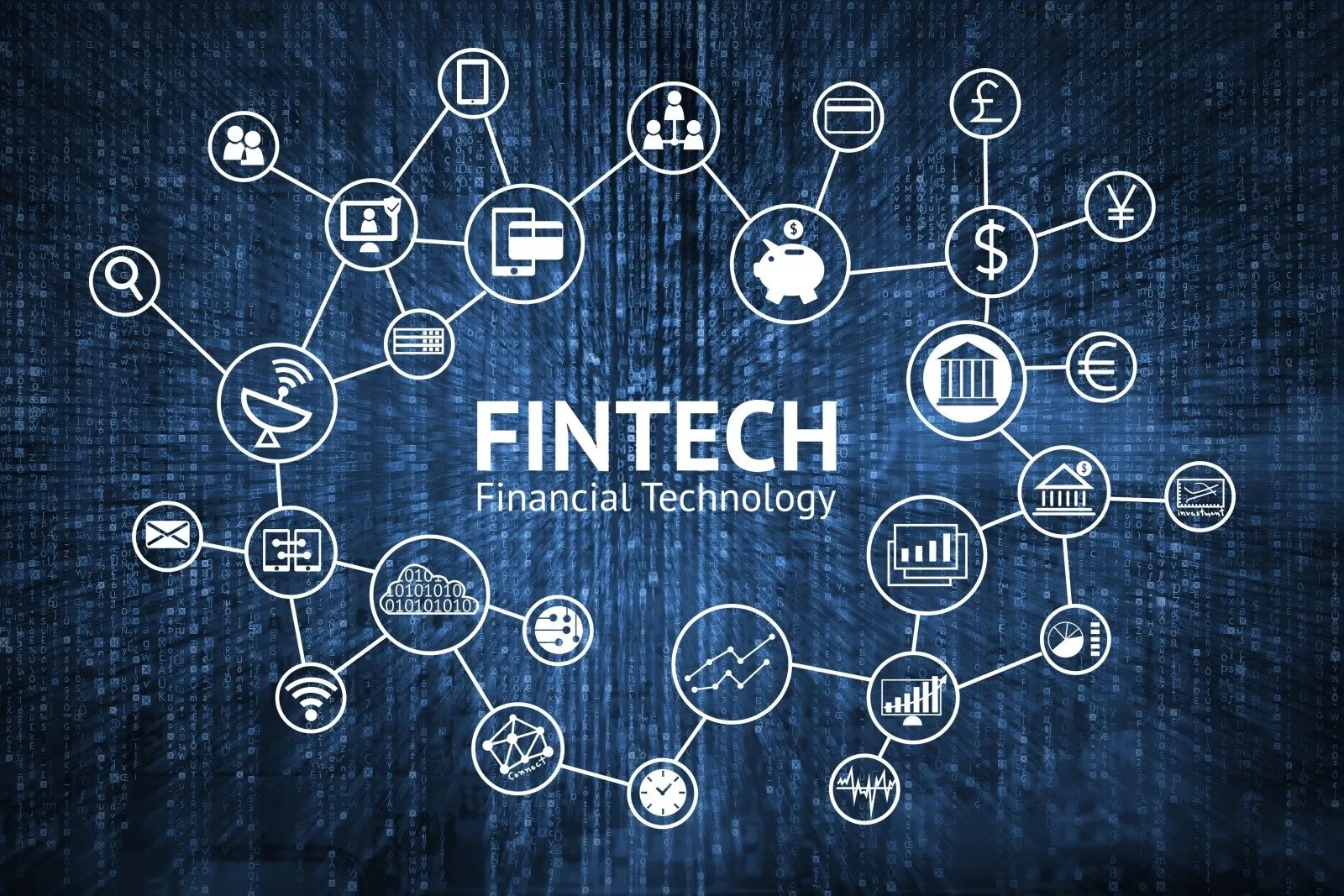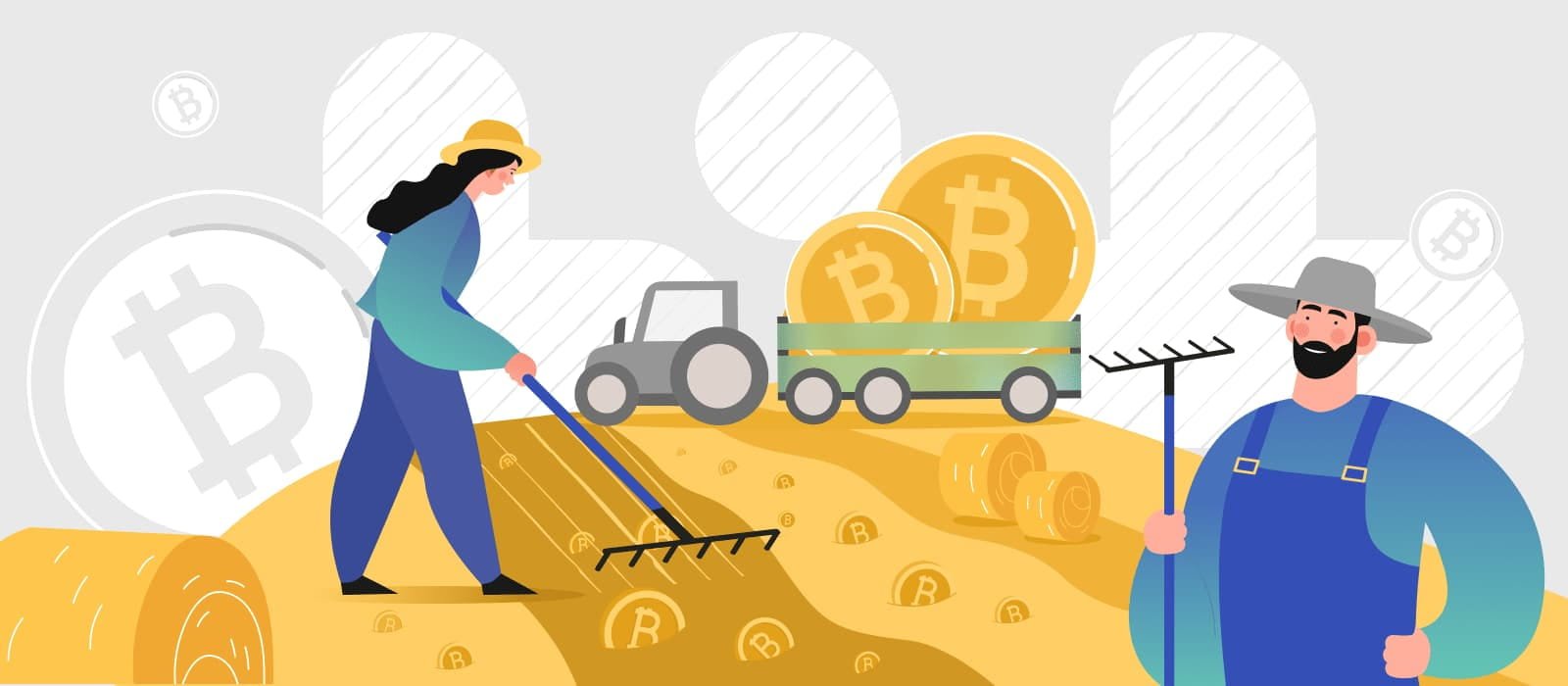Blockchain and financial technology (Blockchain & FinTech Revolutionizing) have started transforming many sectors in the past few years, and agriculture is no exception. Due to the rising worldwide need for food, obtaining sufficient funds for agricultural endeavors is paramount. This article delves into how blockchain and FinTech are revolutionizing agricultural grants, making them more accessible, efficient, and transparent.
Blockchain for Farming Grants
Climate change and unstable markets are only two of the many threats to the agricultural sector, which is why farmers need ready access to capital to invest in new technology and methods. Despite the importance of farming grants in supporting these groups financially, the conventional grant application procedure is notorious for its inefficiency, long approval times, and lack of openness. Integrating blockchain technology with financial technology solutions can greatly reduce the impact of these difficulties.
Digital ledger technology known as “blockchain” enables the immutable and transparent recording of financial transactions across numerous computers. To maintain the data’s accuracy, changing a recorded transaction is impossible. This capability becomes even more beneficial when confidence and verification are crucial, such as when farmers are trying to secure grants.
FinTech Transforming Farming Grants

Any new technology that improves, simplifies, or automates financial services is considered finTech. Financial technology (FinTech) solutions, such as mobile banking apps and crowdfunding platforms, have made financial resources more accessible to a wider audience. Financial technology (FinTech) has the potential to revolutionize the way farming grants are distributed, making them more efficient and fair while also increasing the speed with which money reaches farmers.
Blockchain Ensures Transparent Grants
More openness is one of the main advantages of using blockchain technology to administer agricultural grants. Blockchain technology allows for the independent logging and verification of all grant-related transactions. This facilitates the monitoring of fund flows by all parties involved, including farmers, grant givers, and regulatory bodies. With this much information available.
For example, farmers who are applying for grants can track the status of their applications and the distribution of subsidies by utilizing a network based on blockchain technology. Due to this transparency, grant sponsors are held to a higher standard of accountability. Which in turn leads to a more responsible use of funds.
FinTech Speeds Up Grant Applications

Applying for a grant the old-fashioned way may be a real pain—plenty of paperwork and waiting around. With the help of fintech technologies, farmers may digitally submit their applications by automating many of these activities. Blockchain technology makes the expedited verification and processing of these applications possible. It will ensure that farmers receive the money they need when they need it.
Another option is to use automated systems that are powered by smart contracts. These are contracts that are encoded into code and can execute themselves. Significantly less bureaucratic red tape is connected with grant disbursement thanks to these contracts’ ability to release cash upon automatically fulfilling pre-defined conditions.
FinTech Boosts Farmer Grants
Grants become much more difficult for many smallholder farmers because they lack access to conventional banking systems and financial services. Fintech solutions have arisen to help close these gaps. Farmers can now obtain the funds more easily through mobile banking, digital wallets, and peer-to-peer lending systems.
Additionally, blockchain technology can support micro-financing programs, which enable the pooling of small contributions to agricultural projects. This method allows a wider range of stakeholders, such as individuals and groups, to directly support agricultural initiatives, guaranteeing that the money goes to those who need it.
Data-Driven Farming Grants

Data reigns supreme in today’s digital world. Farmers can improve their data collection, storage, and analysis capabilities with the help of blockchain and FinTech. You can use this data, which includes crop yields and environmental conditions, to support your grant applications and show how your sponsored programs have impacted you.
Funding opportunities improve for farmers when they can back their demands and ROI projections with data. For this reason, blockchain-based data-sharing platforms should be set up so grant givers can safely access agricultural data farmers share. This way, funding decisions can be well-informed and tailored to the needs of the farming community.
Challenges in Digital Farming Grants
Crypto and FinTech have the potential to greatly improve the process of applying for agricultural grants. But there are still obstacles to overcome. The digital gap is a big problem because many farmers in rural areas may not have access to the knowledge or tools to use these modern systems effectively. To guarantee broad adoption, filling this knowledge gap through training and education initiatives is critical.
Regulatory frameworks will need to be modified in order to accommodate these new technologies. Policymakers need to work together with digital entrepreneurs and agricultural stakeholders in order to facilitate the use of blockchain and FinTech technologies in a manner that is responsible, secure, and ethical.
In summary
Combining blockchain technology with financial technology presents exciting new opportunities for agricultural grant funding as the industry transforms continuously. A more sustainable and efficient agricultural ecosystem can be achieved through these technologies, which increase transparency, streamline procedures, improve accessibility, and leverage data-driven decision-making. However, everyone involved has to keep an eye out for problems and work to solve them so that these advancements help all farmers, particularly those in disadvantaged areas. Global food security and resilience can be enhanced by concerted efforts to ensure. That future agricultural grants are transparent, egalitarian, and well-funded.
[sp_easyaccordion id=”3864″]

